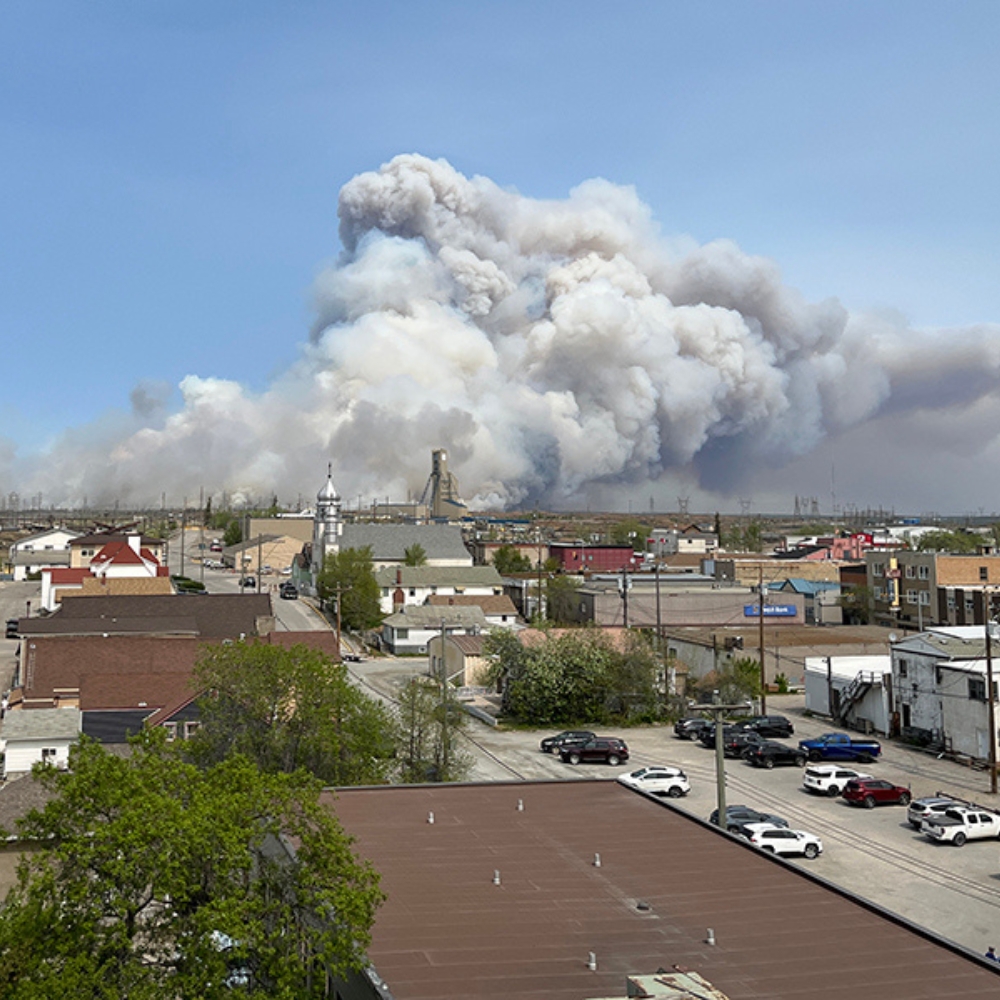Bachelor of Arts (BA)

Bachelor
4 years
Irving K. Barber Faculty of Arts and Social Sciences
Why study Geography at UBC Okanagan?
A unique academic discipline because of its ability to integrate ideas and methods from many disciplines, the geography program at UBC Okanagan emphasizes the development of theory, methodology and the practical application of geographical concepts and tools to environmental, economic, social and cultural problems, with emphasis on issues pertinent to southern BC and Canada.
Geography examines human and physical landscapes and their interconnections on the surface of the Earth.
Careers and Outcomes
UBC degrees are respected by employers around the globe. Program graduates will have the skills to pursue a career in a variety of fields like,
- Air photo interpreter
- Cartographer
- Climatologist
- Community development specialist
- Cultural resource specialist
- Demographer
- Ecotourism manager
- Emergency management officer
- Environmental impact assessment specialist
- Environmental quality specialist
- Forestry technician
- Geomorphologist
- Hazardous waste planner
- Heritage planner
- Housing specialist
- Hydrologist
- Land developer/surveyor
- Land economist
- Land-use analyst
- Map curator or editor
- Parks planner
- Park warden
- Photogrammetric technician
- Real estate analyst
- Recreational and tourism planner
- Remote sensing analyst
- Resource economist or planner
- Soil assessment technician
- Transportation planner
- Urban/regional planner/technician
- Water resources manager
- Water use analyst
- Weather and climate specialist
- Wildlife manager
- Waste management specialist
Experiential Learning
Expand your horizons while studying abroad, conducting meaningful research, or working in the community with your UBC colleagues.
Learn more about Co-op, Go Global, Undergraduate Research Awards and other opportunities at Experiential Education.
Your coursework offers opportunities to visit Kelowna-area field locations, including studying mountain hazards at a facility in the Canadian Cordillera.
In third or fourth year you can undertake a supervised investigation as part of a directed studies course, which will result in a written report of your findings.
Work closely with classmates and professors while getting firsthand field experience in locations such as the Canadian Rockies, where students can participate in courses such as management of mountain hazards.
Global and Close-Knit
At UBC Okanagan, you gain all the benefits of attending a globally ranked, top 3% university while studying in a close-knit learning community.

Discover the Okanagan
A diverse natural region with sandy beaches, beautiful lakes, vineyards, orchards and snow-capped mountains, the Okanagan is an inspirational landscape perfect for those seeking leisure or outdoor adventure.
UBC's Okanagan campus borders the dynamic city of Kelowna, a hub of economic development with a population of more than 150,000 people— the fourth fastest-growing population in Canada.
Already applied? Check your status or accept your offer.





